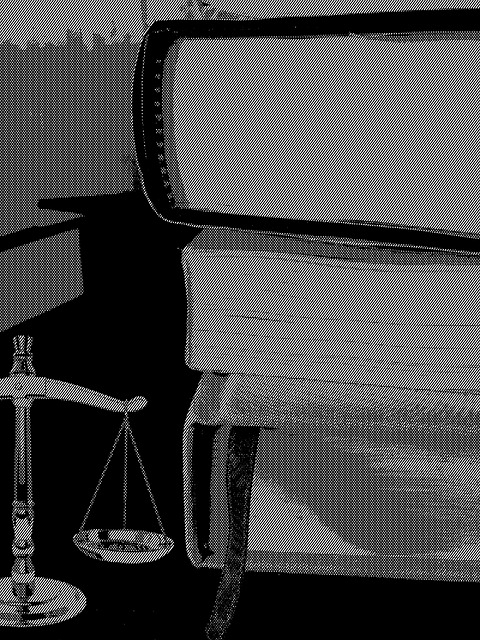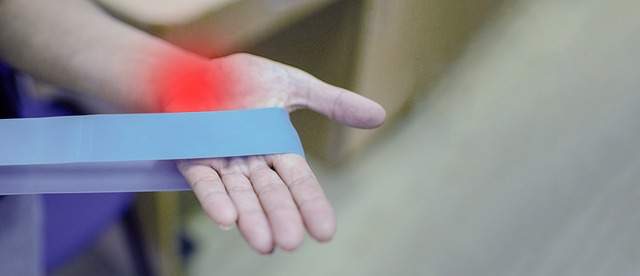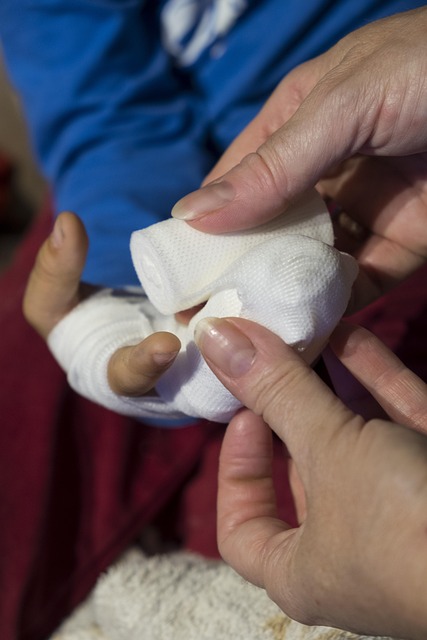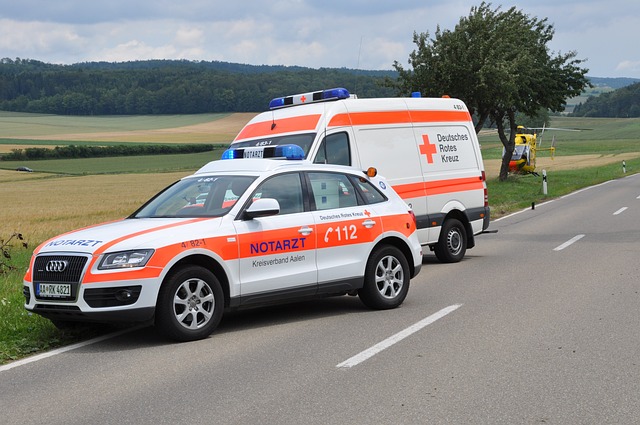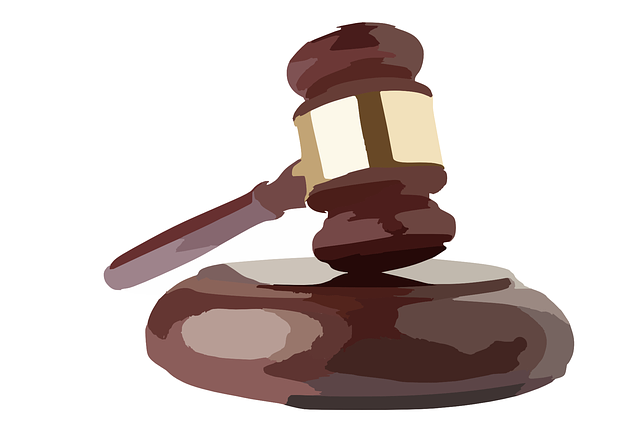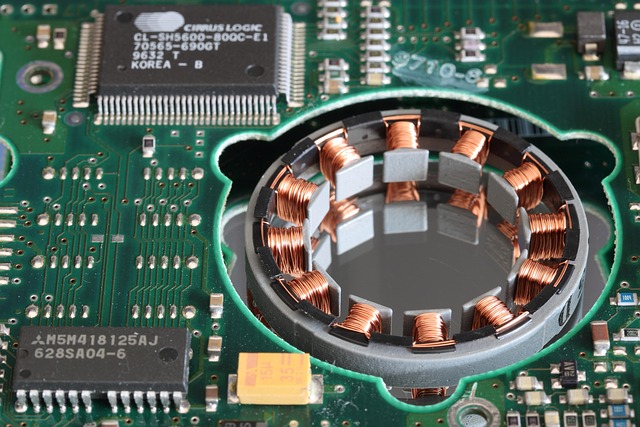Chiropractic management is a leading non-invasive treatment for herniated discs caused by car crashes, focusing on manual adjustments, exercises, and modalities to reduce pain, inflammation, and improve spinal alignment. It aids in acute recovery through the RICE method and offers long-term care strategies like regular check-ups, exercises, good posture, stretching, and strengthening to prevent future incidents. Chiropractic management is key for both immediate and sustained health post-car crash herniated discs.
After a car crash, understanding the potential for herniated discs is crucial. These spinal injuries can cause significant pain and discomfort, impacting daily life. This article guides you through the process of diagnosing and treating herniated discs following a vehicular accident. We explore chiropractic management as an effective, non-invasive approach to relief. Additionally, discover post-crash recovery strategies and long-term care tips to enhance healing and prevent future complications related to herniated discs and post-car crashes.
- Understanding Herniated Discs After a Car Crash
- Chiropractic Management for Effective Treatment
- Post-Crash Recovery and Long-Term Care Strategies
Understanding Herniated Discs After a Car Crash

After a car crash, it’s not uncommon for individuals to experience back pain and other musculoskeletal issues. One such concern is a herniated disc, which can occur when the soft inner nucleus pushes through a tear in the outer ring of the spinal disc. This condition is often the result of sudden jolts or impacts experienced during a collision, leading to significant discomfort and potential nerve compression.
Chiropractic management plays a vital role in treating herniated discs post-car crash. Chiropractors utilize various techniques such as manual adjustments, targeted exercises, and therapeutic modalities to alleviate pain and promote healing. Through careful assessment and personalized treatment plans, chiropractors help reduce inflammation, improve spinal alignment, and restore functionality, enabling patients to recover and regain their mobility following the traumatic event.
Chiropractic Management for Effective Treatment

Chiropractic management plays a crucial role in the effective treatment of herniated discs following a car crash. Chiropractors are trained to diagnose and address issues related to the musculoskeletal system, including the spine. In the case of a herniated disc, chiropractic adjustments can help relieve pressure on the affected nerve roots, reducing pain and inflammation. These adjustments may involve gentle manipulation of the spine to improve mobility and restore the natural alignment of the vertebrae.
Chiropractic care offers several benefits for individuals with herniated discs post-car crash. It provides a non-invasive approach to treatment, avoiding the need for surgery or prescription medications. Regular chiropractic sessions can enhance the body’s natural healing process, support better posture, and improve overall spinal health. By focusing on the underlying structural issues, chiropractic management aims to alleviate symptoms, restore function, and prevent future complications, ensuring a more rapid recovery and improved quality of life for patients.
Post-Crash Recovery and Long-Term Care Strategies

Post-Crash Recovery and Long-Term Care Strategies are crucial for individuals who have experienced a herniated disc due to a car accident. The initial recovery phase involves rest, ice, compression, and elevation (RICE) to reduce pain and swelling. Chiropractic management plays a significant role in this period, as it can help alleviate symptoms and promote healing through manual adjustments, therapy, and targeted exercises.
For long-term care, patients should consider a multi-faceted approach. Regular chiropractic check-ups are essential to monitor the disc’s health and adjust treatment plans accordingly. Additionally, staying active with approved exercises and maintaining good posture can prevent further strain on the affected area. Incorporating stretching routines, strengthening exercises, and ergonomic adjustments in daily life can significantly enhance recovery and reduce the risk of future herniated disc incidents.
After a car crash, understanding and addressing herniated discs is crucial for a full recovery. Chiropractic management offers an effective treatment approach, focusing on reducing pain and restoring nerve function. Post-crash recovery involves a combination of rest, physical therapy, and long-term care strategies to prevent future injuries. By combining these methods, individuals can effectively manage herniated discs and return to their active lifestyles. Remember, seeking professional help is essential for optimal results following a post-car crash diagnosis of herniated discs.
